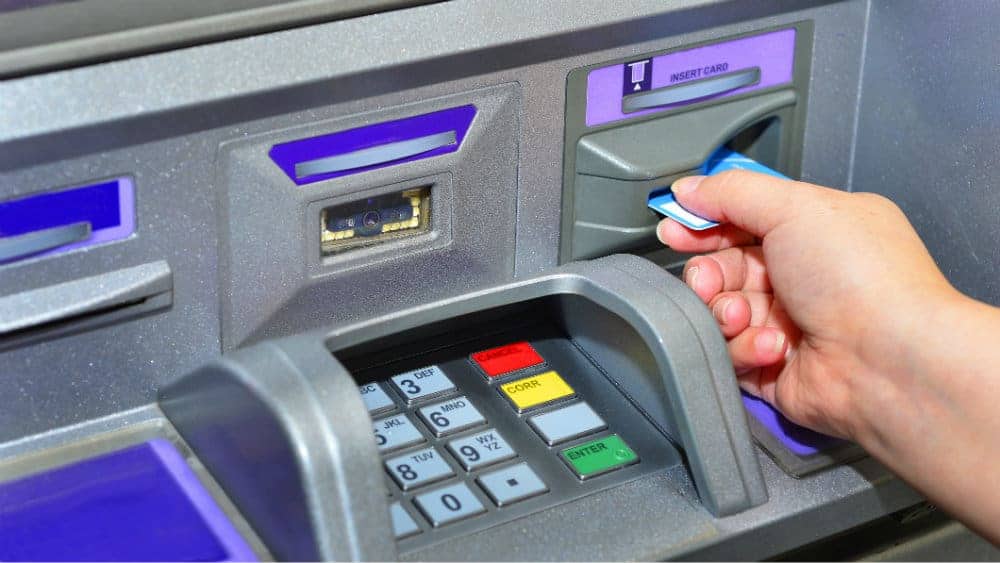BMO (TSX:BMO)(NYSE:BMO) is a chartered bank under the Bank Act (Canada) and is a public company incorporated in Canada. It is a diversified financial services company that provides a range of services, including personal and commercial banking, wealth management, and investment banking products and services.
The bank’s head office is located in Montreal, Quebec, and its executive officers are in Toronto, Ontario. The company reports a market capitalization of $64.24 billion with a 52-week low of $88.24 and a 52-week high of $106.51.
Intrinsic price
Based on my calculations, using a comparable company analysis valuation model, I’ve determined that BMO has an intrinsic value of $176.08 per share.
At the current share price of $100.52 at the time of writing, I believe BMO is significantly undervalued. Investors looking to add a bank stock to their TFSA or RRSP should consider buying shares of BMO.
BMO has an enterprise value of $77.3 billion, which represents the theoretical price a buyer would pay for all of BMO’s outstanding shares plus its net debt.
Financial highlights
For the fiscal year ended October 31, 2019, the company reported a solid balance sheet with $28.7 billion in retained earnings, up from $25.9 billion the prior year. The increase in retained earnings is a good sign for investors, as it indicates the company’s surpluses in previous years are reinvested to fuel growth.
Given shareholders’ equity of $51.1 billion, goodwill of $6.3 billion, and intangibles of $2.4 billion, the company reported a tangible net worth of $42.3 billion. Tangible net worth refers to the real value of a company, which suggests that BMO is doing well financially.
BMO’s allowance for credit losses increased year over year and is roughly in line with the other six major banks. In 2019, the company allocated $1.9 billion for credit losses, up from $1.6 billion in 2018 (+12.9%). Credit loss provisions are funds set aside by banks for defaults, which suggests that BMO is anticipating increased defaults in the coming year.
Management takes a proactive approach to debt management, as indicated by the redemption of covered bonds for $3.8 billion in 2019, $567 million in 2018, and $2.6 billion in 2017. This is offset by proceeds from issuance of covered bonds amounting to $4.2 billion in 2019, $2.7 billion in 2018, and $5.8 billion in 2017.
BMO also repaid $1 billion in subordinated debt in 2019, $900 million in 2018, and $100 million in 2017. This is offset by proceeds from subordinate debt at $1 billion in 2019, $2.7 billion in 2018, and $850 million in 2017.
BMO only spent $90 million on the repurchase and cancellation of shares in 2019. This is down from $991 million in 2018 and $440 million in 2017. I commend management on this decision, as it frees up cash that can be used to grow the business.
BMO is a dividend-paying entity with a current yield of 4.21%, which is achieved through quarterly payments of $1.06 per share.
Foolish takeaway
Investors looking to buy shares of a bank should look into buying shares of BMO for their TFSA or RRSP. With positive retained earnings, solid operating performance, and a management team that takes a proactive approach to debt management, BMO is a solid choice.
At its current share price of $100.52, I believe it is trading at a steep discount compared to its intrinsic value of $176.08. Thus, investors would be smart to snag shares of the company now.









